Back again from a long hiatus, I hope to fire off a barrage of takes for all you bozos out there dumb enough to read anything I write about video games (thanks for the clicks and likes, I love you all!). For this edition — the first since November (yikes) — I’ll be dishing out mini-notes and thoughts on Nier: Automata, gatekeeping, and adding a game to my all-time favorite list, plus a bit on working from home (super interesting, I know).
Rules of Engagement
When I first started gathering my thoughts for this collection of notes, I had planned to reserve this space to discuss the idea of video game gatekeeping, accessibility, difficulty in games, etc. But to be honest, I’m worn out from all the discourse around these topics and wish to move on. I’ve heard just about every take imaginable, and have aired my thoughts with fellow writers, friends, and others. Instead, I will be using this section for something a little different. I like to call this “a list of things to remember when engaging in gaming discourse.”
- Nothing is truly above criticism.
- It’s prudent to recognize that a feature you view as a strength may feel like a weakness to someone else, and vice versa.
- There is no such thing as a “real gamer.”
- Your own personal life experiences (or lack thereof) may have a greater impact on your view of something than you consciously realize.
- Someone commenting that a game (or part of a game) is offensive or problematic doesn’t necessarily have to reflect poorly on someone who still likes that game, but that doesn’t mean you shouldn’t examine why you like something despite its problem areas.
- You can’t compartmentalize everything in a game; sometimes, you have to view it as a cohesive product and consider all the good and bad that comes with it (e.g. it’s weird to me when someone says “good gameplay, bad story, still overall good game” and just leaving it at that).
- No views are truly illegitimate if they are informed and presented in good faith.
I don’t have much else to add but this: Everyone plays different kinds of games for different reasons, and as long as we respect that (within reason; I have nothing nice to say to anyone who liked playing Hatred), discourse about topics in the medium can be productive and interesting. Just respect people and understand we don’t all feel the same way about everything. This is something I have to remind myself of constantly, and I think we’d all be better off if we entered these discussions cognizant of the above principles.

Nier: Automata’s Pseudo Open World
I’ve been playing Nier: Automata for the first time recently, and I’ve found so much of the game to be remarkably moving and enthralling. The multiple, different kinds of combat (the game frequently shifts between a standard hack-and-slash action game and a top-down, twin-stick, bullet-hell shooter) all work so smoothly and feature some of the greatest battle themes I’ve heard in a game this generation. Nier: Automata’s story asks thoughtful questions and forces the player to ponder their role as an actor and perpetrator of humanity, whatever that phrase even means. The relationships between pivotal characters, particularly between 2B and 9S, are marked by earnest, emotional moments that never seem cheesy or overdramatic. Most of all, the constant feeling of dread and despair, as exemplified by a broken, empty overworld, creates a chilling yet hopeful atmosphere, one where scraps of joy can be found buried in mountains of debris.
One major complaint I have about Nier: Automata, though, is in the integration of its open world. The concept of the open world in video games is very popular and, as a result, finds its way into arenas where it doesn’t necessarily belong. Some games, such as Rise of the Tomb Raider (sorry, David Silbert, I know you disagree), ram unnecessary open-world mechanics and systems into a game that is functionally linear, making the game’s openness a recipe for pointless content and aimless meandering. While I wouldn’t say Nier exploits this problem quite as obviously as Tomb Raider does, the Platinum Games title is at its best when the player experiences the weight of each main plot point and at its worst when asking the player to travel long distances. Nier: Automata’s movement and platforming controls work well when you’re navigating various castles, buildings, and ruins, but operate awkwardly when having to move across entire regions, as the player’s movement is too slow relative to the size of the world and fast traveling (which takes several hours to unlock) can only occur within certain parameters. In addition, Nier contains a multitude of sidequests, several of which are particularly touching and profound, but the NPCs that give said quests are almost always found in places where major story advancements occur anyway. Very little around these optional missions feels organic; you have to actively seek them out, which goes against the very idea of open-world design.
I’m currently in the middle of Nier: Automata’s “B” playthrough, and I’ve found it best to replay most parts of the game as though it were a linear title. Not only have I completed several sidequests anyway, but I also feel no need to see if the world has any special nooks and crannies along the way; any time I’ve searched for tiny pockets of open-world delight in hopes of finding something interesting, I’m just met with more robot battles and frustrating platforming sections. Compare this to, say, The Legend of Zelda: Breath of the Wild, where the player can move through the world in any number of ways and where nearly every single inch of it serves a gameplay purpose, not just a visual one, and Nier: Automata’s open world falls flat.
Keep in mind, I’m not criticizing the actual world of Nier: Automata itself. The sight of broken towers, moss-laden machinery, and minimal human life are essential to the messages Platinum wants to convey. It just feels like the overworld exists the way that backdrops of most 2D platformers do: to add some window dressing to the world without getting in the way of the action. Unfortunately, Nier: Automata’s open environment is too big to merely exist on its own, so sometimes basic traversal feels like a slog, and the sidequests come off as roadblocks instead of bonus storylines that add flavor and context to the game.
(To be clear, the game overall is very good, and something I would recommend to any fan of action RPGs. Its use of open world mechanics just bugs me.)
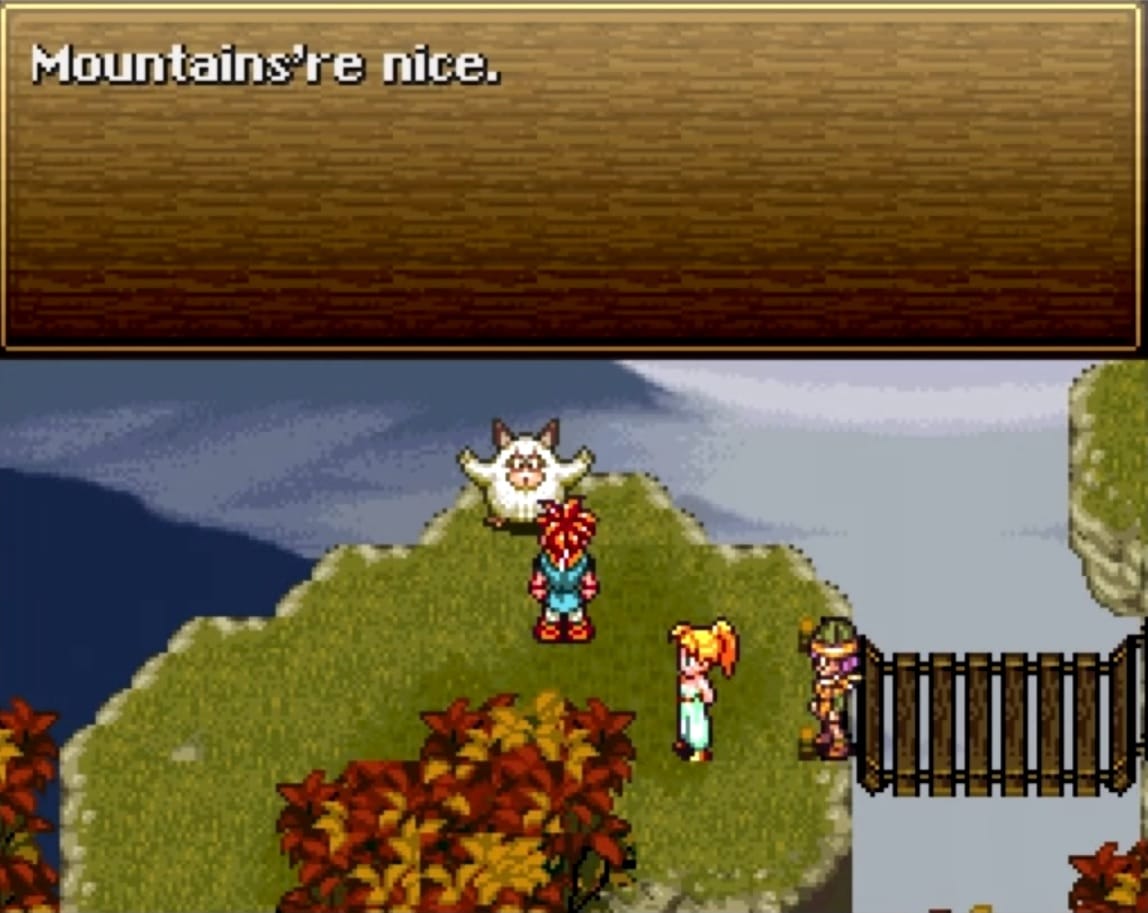
Chrono Trigger: One of My Favorite Games?
I know I recently wrote a wordy, meandering think piece about how I could never truly appreciate games from decades ago if I didn’t experience them in some way when they came out, but… Chrono Trigger may have just recently become one of my favorite games of all time. Crazy, right?
The idea that art is best understood when experienced at the height of its popularity still rings somewhat true with me, but since I’ve finished my initial playthrough of Chrono Trigger — which was barely three months ago, by the way — I find myself frequently thinking about how much of it I loved. I genuinely miss hanging out with Frog, Lucca, and Marle, closely watching my MP numbers, casting multi-character techs, and just walking around some of the beautifully crafted cities and environments (particularly the city of Zeal). Anytime I hear one of the amazing tracks from the game, I’m immediately warped into the action, making me yearn for another chance to experience the RPG’s most epic sequences. I guess it makes sense that it’s become my go-to example of when JRPGs get everything right.
Pondering all this, I opted recently to put down Yoshi’s Crafted World and Nier: Automata for a bit to try Chrono Trigger’s New Game Plus, and while I’m breezing through the early parts of the story, I’m discovering that various details and conversations that I previously thought were mostly just filler ended up being essential components of later plot points. The smallest of remarks end up foreshadowing many of the title’s biggest moments, demonstrating how everything in the game (and, essentially, the universe) is connected in a cosmic and significant way. Additionally, now that I’m less concerned with finding out what happens next, I can spend more time just chatting with various townspeople and taking in the scenery, making the world feel more real than it did before. Everything in the game works together so seamlessly; every aspect of Chrono Trigger belongs and operates in tandem to create a clear, unified vision. To say that Chrono Trigger has quickly become one of my favorite RPGs ever would be an incredible understatement, and for that reason alone I am elevating it into my personal Hall of Fame for video games.
It does make sense to me, however, why I didn’t fall in love with Chrono Trigger after my first go at it. Some parts of the game feel a bit clunky, and I’m still upset with how the late game side quests effectively amount to main quests. Still, rarely does a game resonate with me as an all-time favorite right away; typically, something takes either multiple playthroughs or time away from the experience before it enters the all-hallowed list of Sam’s Top Games Ever. Recent additions to my list, namely The Witcher 3: Wild Hunt and Breath of the Wild, may have hooked me early on, but it took dozens of hours of gameplay before I truly understood how special they were. In the case of Donkey Kong Country 2, I liked it as a child but began to really see and appreciate all of the nuances and details when I replayed it in my twenties. Unlike those other games, however, Chrono Trigger belongs to a genre that I typically dislike, so the fact that it bucked the trend for me at all is worthy of praise on its own. True greatness in any arena of life is not always recognized immediately; it takes a minute to fully soak it all in and properly place it into proper context.
I might end up changing my mind about this next week or next month, but if you asked my what my 10-15 favorite games ever were today, Chrono Trigger would be right there. I’m not sure it falls in quite the same category as The Legend of Zelda: Ocarina of Time or Super Mario Galaxy, but it undoubtedly elicits a comparable level of joy and excitement. Talk about a New Year’s resolution paying off!
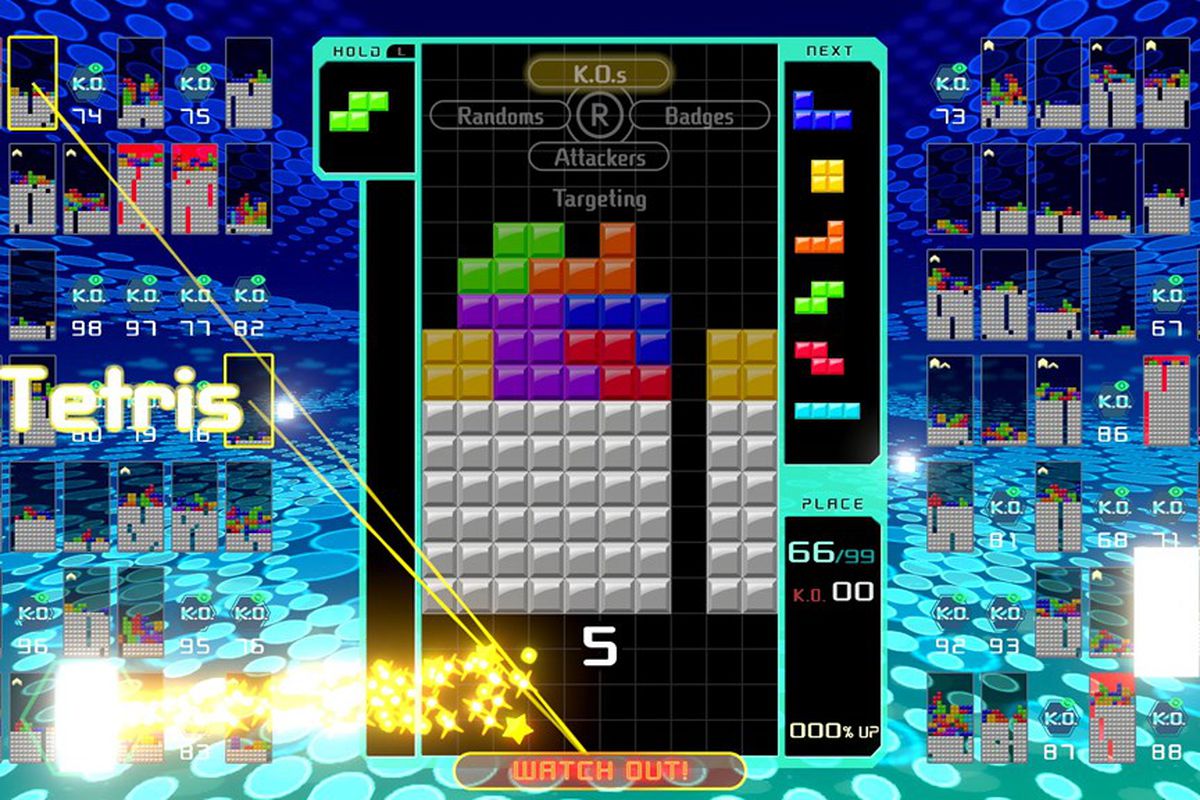
LIGHTNING ROUND!!!!!!!
-Every time I revisit Donkey Kong Country 2: Diddy’s Kong Quest, I become sad at the thought that we’ll never get a game quite like it ever again. Sure, there will be other Donkey Kong platformers, and plenty of developers will try to mimic aspects of DKC2’s presentation and gameplay. But the way the game exists as a fully formed entity, with its unique blend of simple yet punishing gameplay, beautifully haunting setpieces, and bizarre graphical fidelity (or infidelity, depending on your perspective) only could have existed in the mid-1990s.
-I haven’t played many games that have come out in 2019 just yet, but Crackdown 3 is easily the worst and I doubt I’ll play something else this year as boring and as obsolete.
-Meanwhile, Apex Legends is excellent, nailing what I like about shooters without the stress and monotony of other battle royale shooters. I rarely play it and have little intention of returning to it, so I’d have to add it to my list of games I think are good but don’t play much at all. This list includes Animal Crossing, Slime Rancher, and Overwatch.
-All that said, Tetris 99 is my game of the year so far, and it’s not especially close.
-I replayed Batman: Arkham City earlier this year, and while I love its ridiculous story, combat mechanics, and overall tone, its open world fails to inspire me. Sure, there are a handful of interesting side quests, but the world mostly feels like playing Arkham Asylum, a more linear game, in a larger playground. The verticality found in Arkham City certainly enhances much of the game’s stealth mechanics, but the city never feels like it exists for anything other than the player’s desire to conquer it.
-As more time has passed, I’ve become more enamored with the world and culture of Assassin’s Creed Odyssey and less thrilled with Red Dead Redemption 2. I’m constantly revisiting the former, while I have no intention to return to the latter.
-I’ve been working full-time from home for the past couple of months, and while everyone handles that transition differently, one piece of advice has actually made the process a lot smoother: wearing real pants. You might think, “Oh, I get to stay in the house all day? SWEAT PANTS TIME, BABY!!!” Put on the sweats and there’s no chance of you getting any serious amount of work done. I swear, put on a regular pair of jeans and you’ll find yourself way more productive. Also, be mindful of the birds potentially building a nest on your air conditioner (ok, maybe that’s just me).
Sam has been playing video games since his earliest years and has been writing about them since 2016. He’s a big fan of Nintendo games and complaining about The Last of Us Part II. You either agree wholeheartedly with his opinions or despise them. There is no in between.
A lifelong New Yorker, Sam views gaming as far more than a silly little pastime, and hopes though critical analysis and in-depth reviews to better understand the medium's artistic merit.
Twitter: @sam_martinelli.


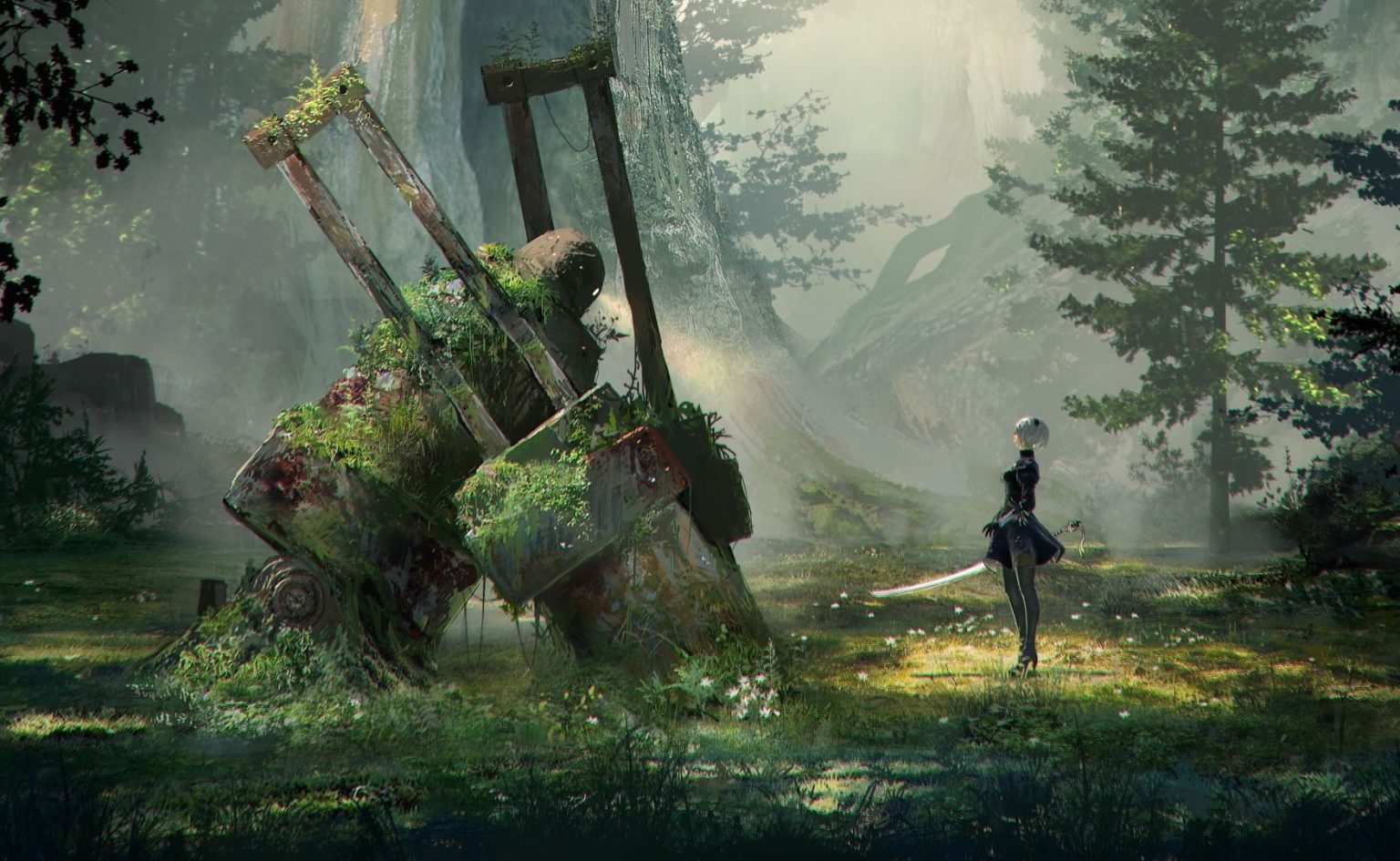
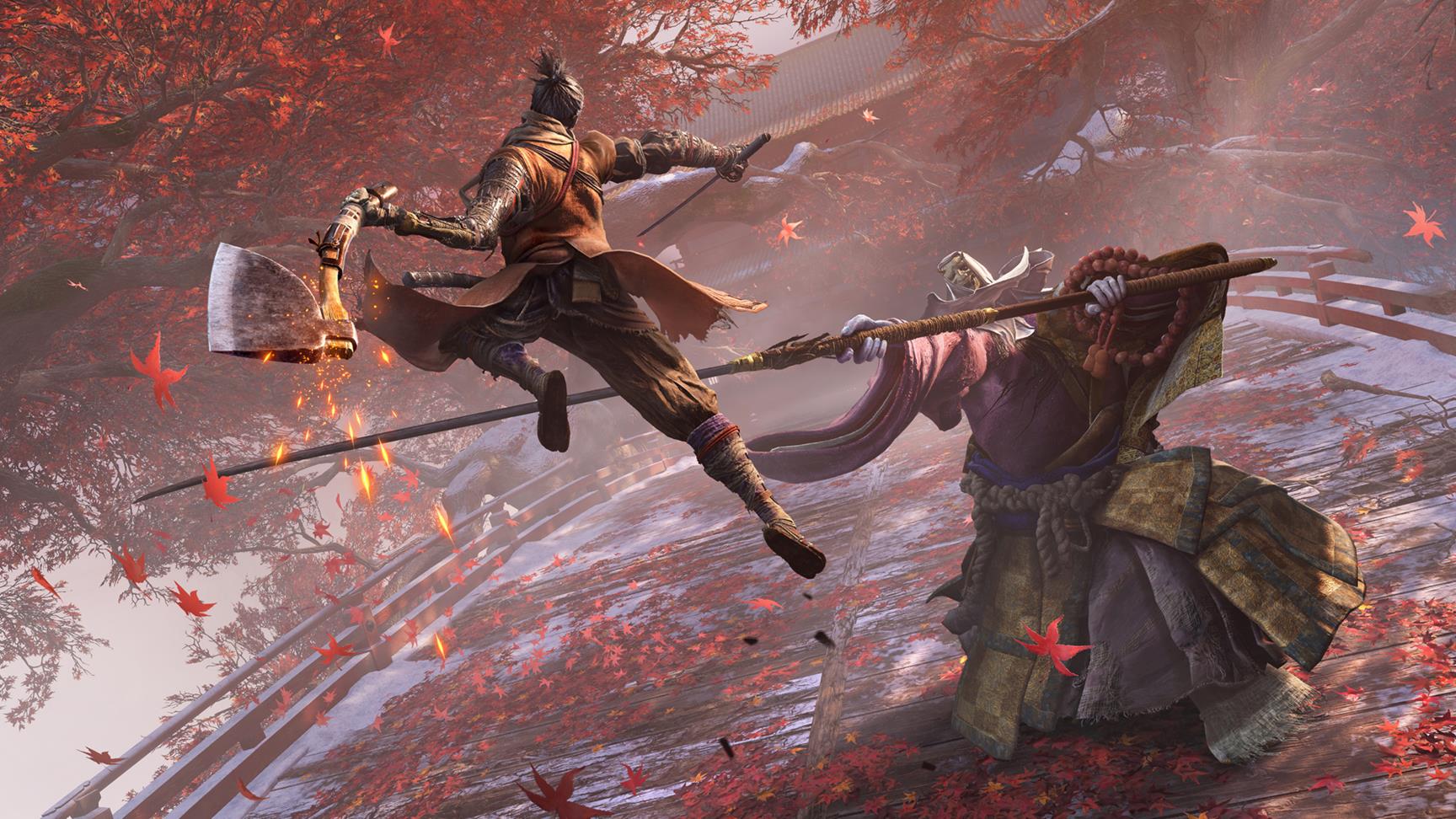






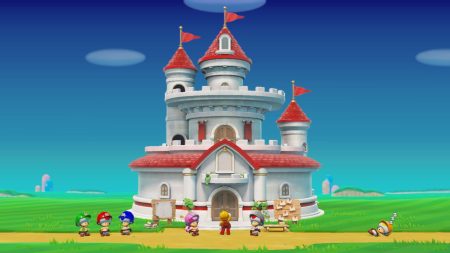

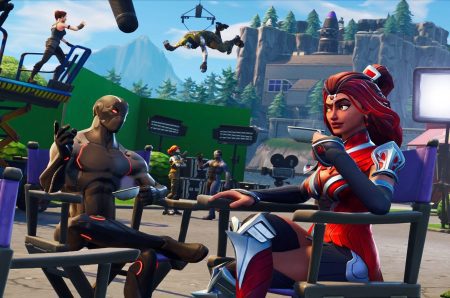
I’d be really interested to hear if your complaints about the open world mechanics in Nier changes around playthrough 3. I feel A and B are practically just build-ups for the game itself, which requires you to be somewhat familiar with the world before it can really kick itself into high-gear.
I understand the feeling you feel about it though, it becomes especially apparent during playthrough B due to the lack of any substantial changes between it and A.